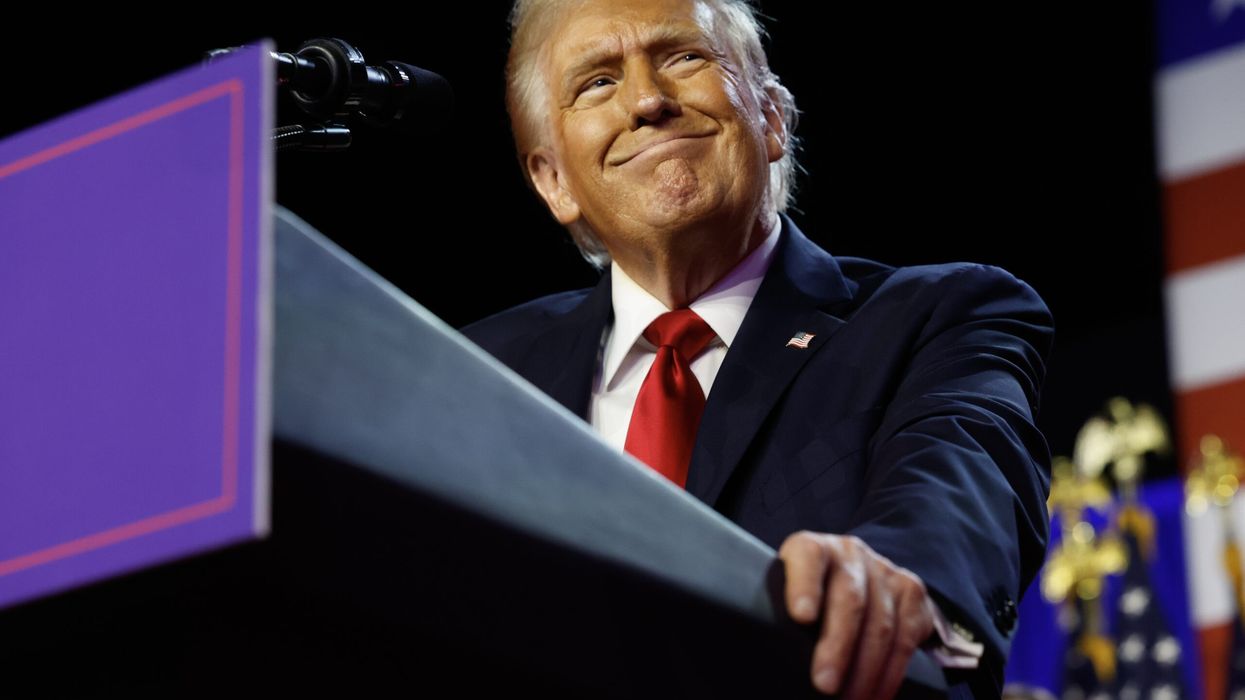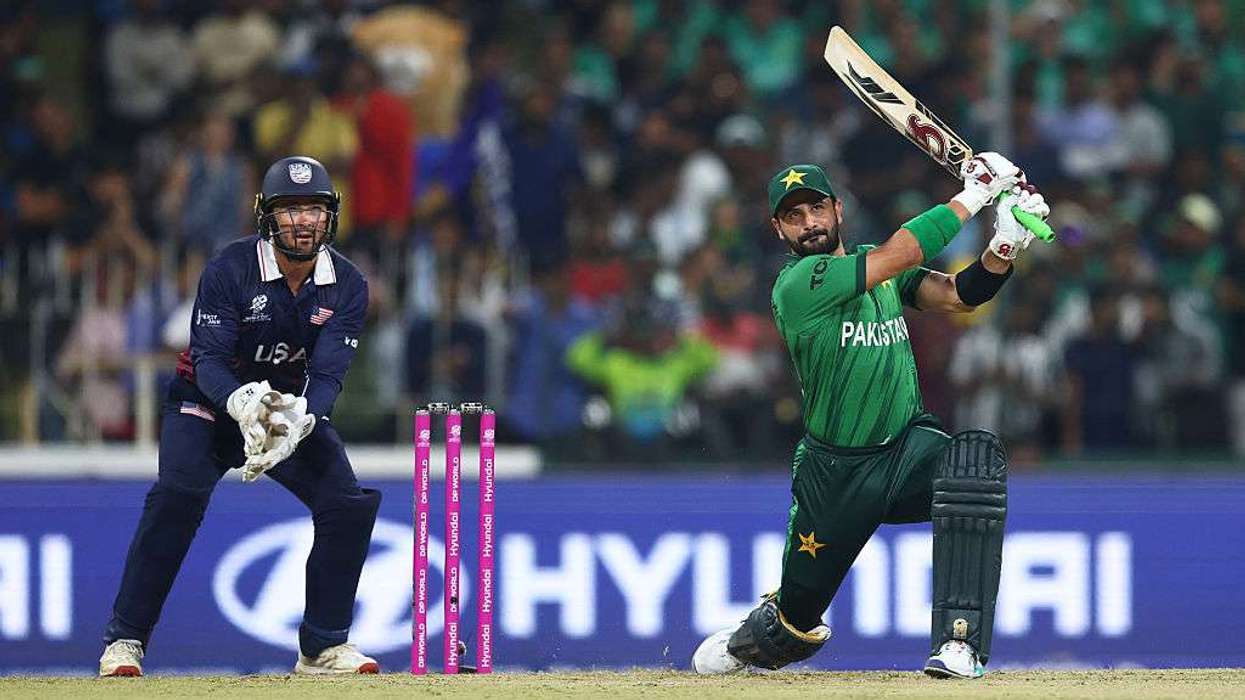Donald Trump is America’s choice. This was a decisive breakthrough in a polarised America. Vice-president Kamala Harris was left in the role of dignified loser. “When we lose an election we accept the results,” she declared, insisting that “anyone who seeks the public trust must honour it.”
Yet, Trump’s refusal to do that after his 2020 loss did not impede his winning the White House and Congress this time round. Trump is now the most powerful US president in a generation. Take his campaign speeches seriously and he has pledged to be as vengeful in victory as he was a bad loser last time.
Why did Trump win? It was the economy – primarily – and the sense of America being on the wrong track under the administration of president Joe Biden. Trump was the change option in this election. He has promised America prosperity and peace - but will impose economic tariffs and threatens the biggest mass deportation campaign in US history. Declarations that Trump has realigned US politics are premature without seeing how voters respond to the record once the Republicans are the incumbents next time.
Why did the Democrats lose? Not enough votes. Harris mobilised those who saw Donald Trump as a danger to democracy. Much energy went into boosting the turnout of first-time voters, but the voter base was narrowing. America’s growth statistics are comparatively good – but the public still felt prices rise. Glitzy celebrity endorsements risked exacerbating the distance from those who do not feel America’s economy, or its politics, working for them.
Immigration contributed to Trump’s coalition. It was a top priority for one in five of his voters. US voters preferred Trump to Harris by 53 per cent to 44 per cent on the issue. The Biden administration lost public confidence over its ability to managing the border. Yet Trump’s ugly, impossible pledges to deport 15 million people mobilise a nativist core while going too far for most Americans.
The exit polls showed that four in ten do support Trump’s aim to deport as many people as possible – but six in ten would rather offer a path to legal status for most people who lack it. The Democrats did too little to unlock that latent public consensus in America which would combine control at the border with a route to citizenship for those who have made a life in America. America’s immigration challenges differ significantly from Europe’s asylum debates, but there are important echoes. The antidote to nativist populism is a credible, real-world offer to blend control and well-managed legal processes with a commitment to integration.
The US Democrats will need a soul-searching inquest. Some lessons will translate across the Atlantic too. Care should be taken before importing them wholesale.
Britain is not America. Look at what most people here think of America’s choice. A fifth of the public are pleased – including half of Nigel Farage’s Reform voters. But most Conservative, Labour and LibDem voters – the majority of the UK public – do not believe president Trump is fit for office, or a leader of the West who can command our trust. That reflects familiarity with his character and conduct, rather than any detailed knowledge of his second-term policy agenda.
Neither prime minister Sir Keir Starmer’s government nor Kemi Badenoch’s Conservative opposition will reflect what their voters think of Trump. Badenoch challenged Starmer over foreign secretary David Lammy’s past comments, when he was a backbencher, regarding Trump’s long history of racism. Boris Johnson had been foreign secretary when Trump was first elected in 2016, having accused Trump of “stupefying ignorance” making him “unfit to be president” when London’s Mayor.
Starmer reached for the traditional language of an enduring special relationship between Britain and America. Might approaching the Trump administration with a ‘business as usual’ mindset encourage relatively normal behaviour in NATO and beyond? Time will tell. Trump’s victory puts a new complexion on conflicts in Ukraine and the Middle East for Starmer’s government. American tariffs would hurt growth. Future budgets will be under pressure to prioritise defence spending over public services.
Britain’s Trump-sceptic public will understand that governments must be pragmatic in pursuit of national and global interests, at least to limit the damage. But if diplomats have their job to do, so do parents. It is difficult to raise boys or girls with decent values and mutual respect without being clear about what is wrong with Trump’s language and conduct. Two-thirds of women in Britain disapprove of America’s choice – along with half of men. It must be corrosive of the everyday social norms we want our schools and workplaces to uphold if even a jury finding liability for sexual assault was not a disqualification for public office.
For four years, we will all have to adapt to living in Trump’s world. Recognising that reality is one thing. Being asked to respect the man himself would go too far.




